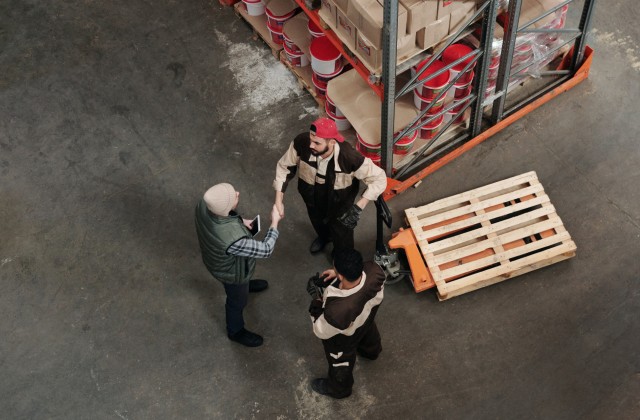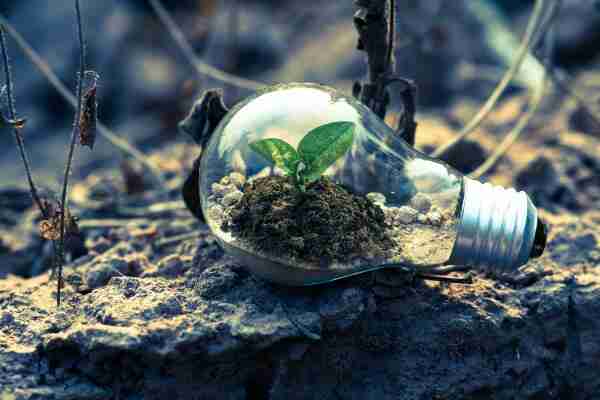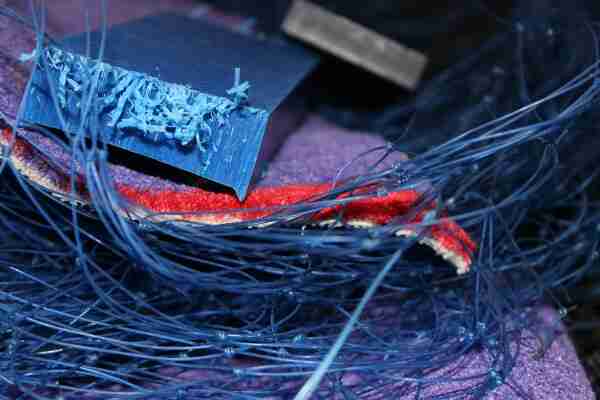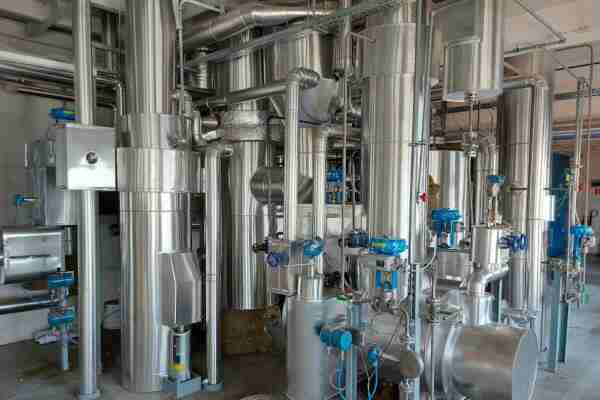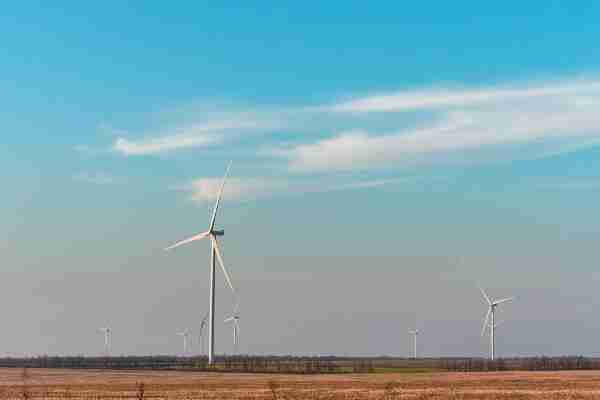ECONYL® nylon
The ECONYL® brand is not just yarn. It represents a new way of thinking, which combines our drive for innovation with our commitment to the environment.
Nylon waste – such as fishing nets, fabric scraps, carpet flooring and industrial plastic – is recovered and converted into new yarn, which has the same qualitative characteristics as traditional nylon.
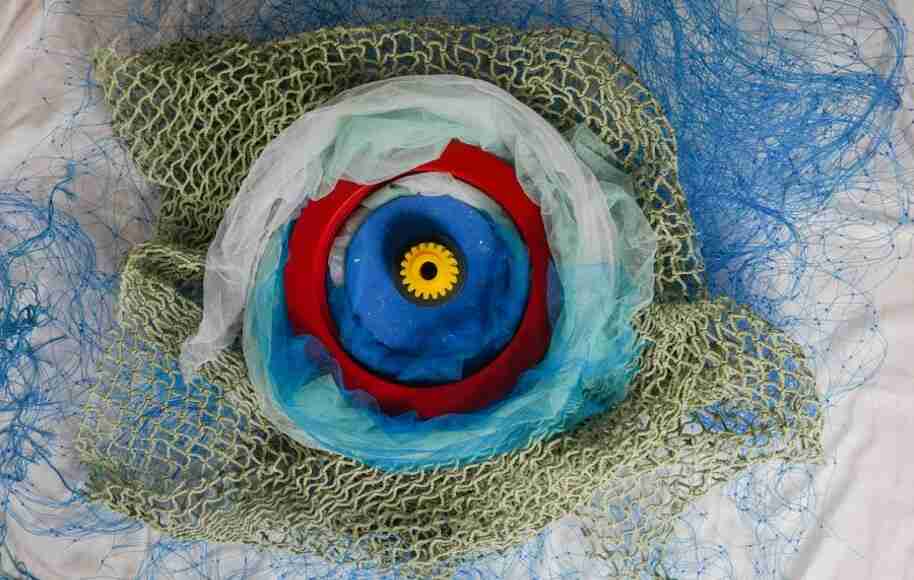
ECONYL® Qualified
At the end of 2015, to raise the bar higher in the ECONYL® value chain, we introduced the ECONYL® Qualified program, a superior qualification protocol with stricter requirements on suppliers’ enviromental impact.
The project was born from the desire to continuously improve the environmental performance of our ECONYL® yarn by acting on phases of the production process that we do not directly control (e.g. transport services, raw material acquisition, packaging and product finishing services).
All suppliers complying with the requirements defined in the protocol – primarily concerning materials, energy resources and production management – obtain an ECONYL® Qualified certification.

Our future goals

- Get 60% of our EMEA BCF clients (nylon for carpets) involved in our post-industrial Take-Back programme

- Test and validate new technologies to produce bio-based nylon on a pre-industrial scale

- Work together with rugs and carpets producers in other to design the product of the future

- Obtain an ISO 50001 certification for all of our Group's plants


